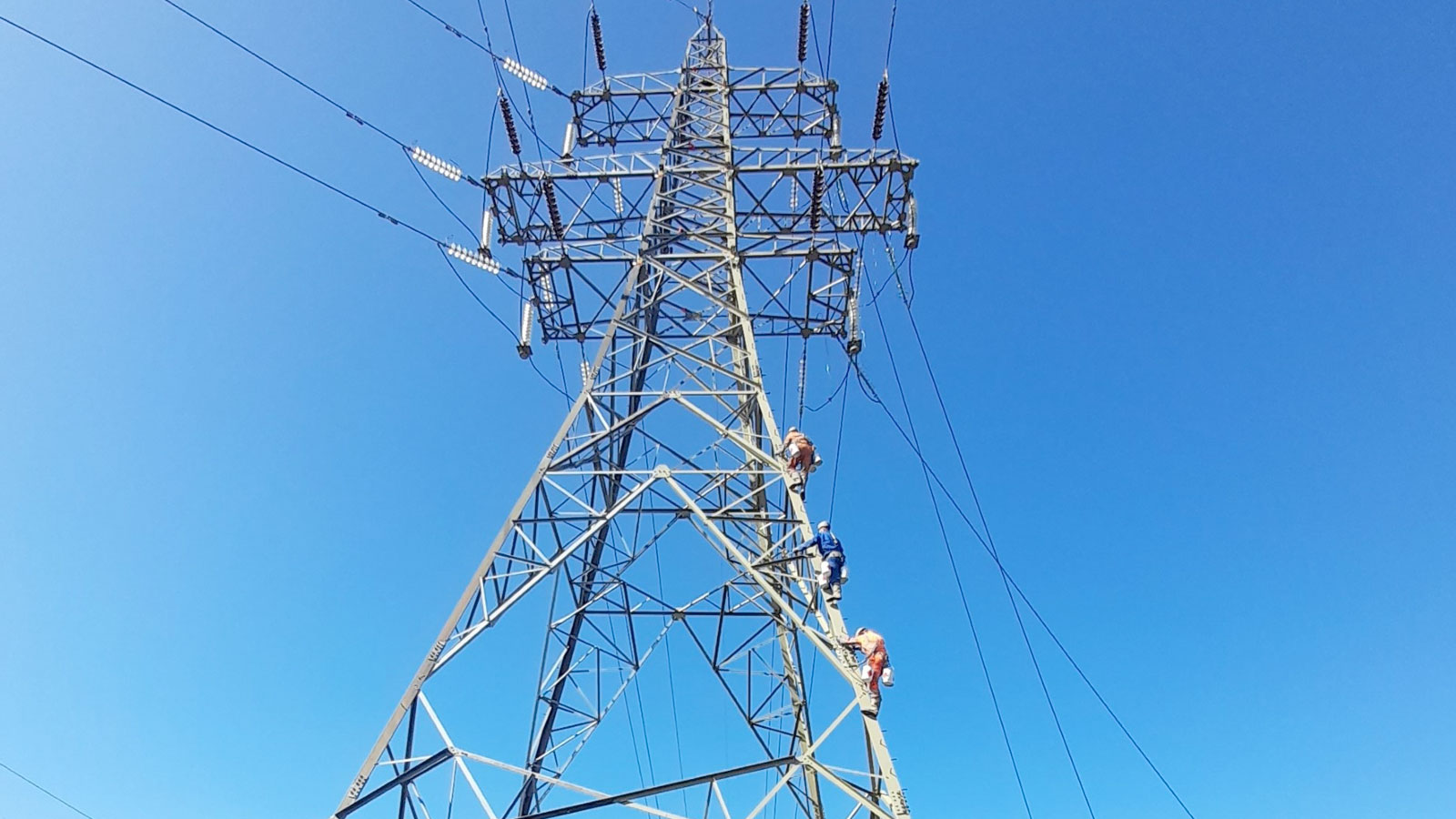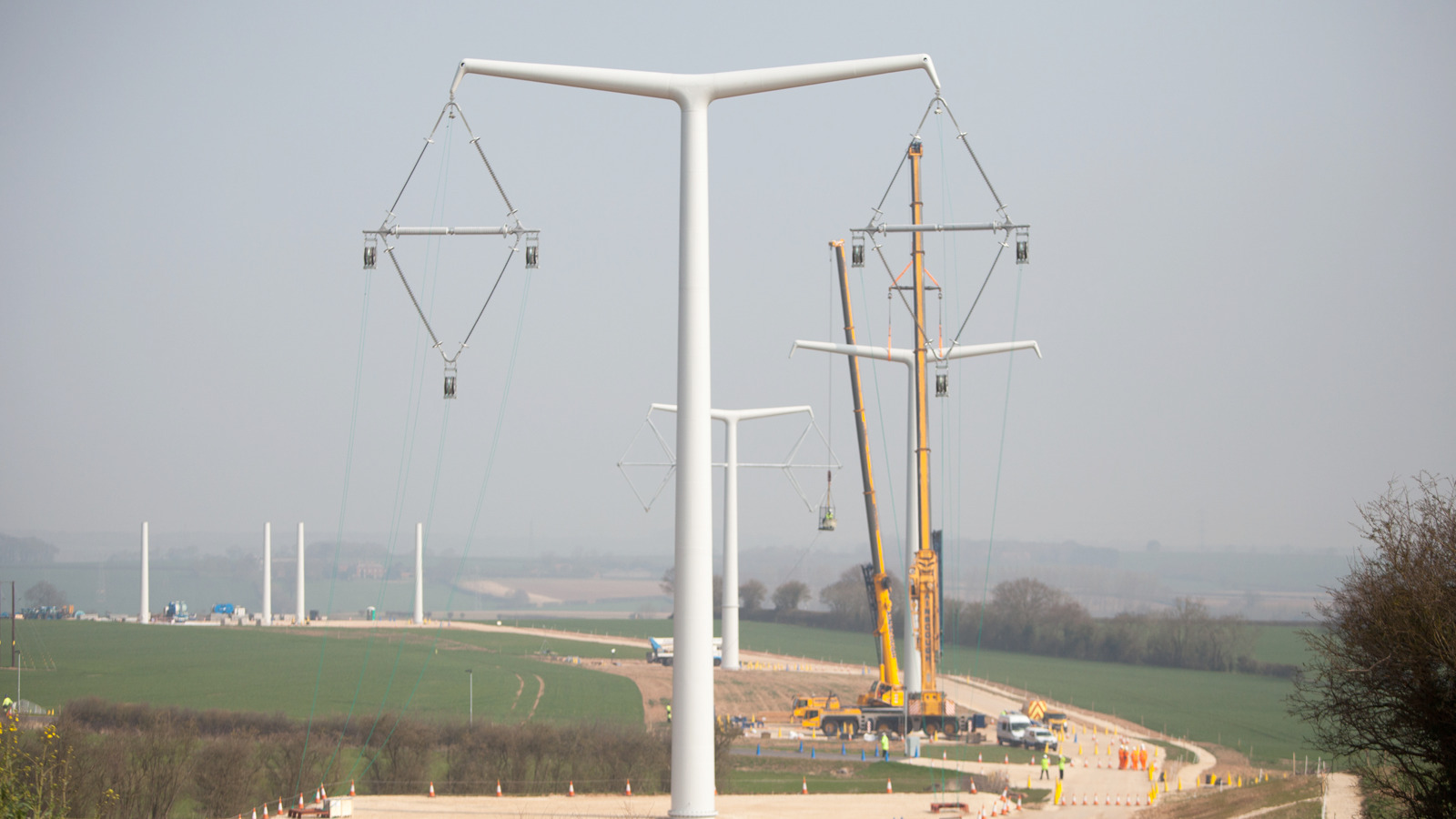NAPIT gives us the lowdown on the new changes to the Electrical Safety Standards in the Private Rented Sector 2020.
From June 1, under ‘The Electrical Safety Standards in the Private Rented Sector (England) Regulations 2020’, landlords in England are required to have the electrical installations in their properties inspected and tested, at least every five years, by a person who is qualified and competent.
This applies to new specified tenancies from July 1, 2020, and to all other tenancies from April 1, 2021. A new specified tenancy is a tenancy which was ‘granted’ (signed) on or after the 1 June 2020, when the regulations came into force. If a tenancy agreement was signed after June 1, 2020, the landlord must have a satisfactory electrical safety report in place before July 1, 2020. The Housing Act 2004 has been amended by these regulations to require a new mandatory condition in HMO licences ensuring that every electrical installation in the HMO is in proper working order and safe for continued use.
The regulations refer to an electrical safety report being obtained by the person conducting the electrical installation inspection and test. Typically, an Electrical Installation Condition Report (EICR) is used within the industry for this purpose.
An EICR is a report carried out to assess the safety of the existing electrical installation within a property and is used to describe its condition. Its purpose is to confirm as far as possible whether or not the electrical installation is in a safe condition for continued service.
The EICR will show whether the electrical installation is in a satisfactory or unsatisfactory condition and will detail a list of observations affecting the safety or requiring improvements. If the EICR is unsatisfactory, the landlord has a responsibility to carry out any remedial or further investigative work within 28 days of the unsatisfactory report being issued, or any shorter period if specified as necessary in the report. The landlord then must provide evidence to both the tenant and local housing authority that any rectification work has been completed and the electrical installation is now in a satisfactory condition.
The regulations require landlords to have the electrical installations in their properties inspected and tested by a person who is qualified and competent. To determine those who are qualified and competent to undertake the electrical inspection, landlords can either:
- Check if the inspector is a member of a competent person scheme for inspection and testing; or
- Require the inspector to sign a checklist certifying their competence, including their experience, whether they have adequate insurance and hold a qualification covering the current version of the Wiring Regulations and the periodic inspection, testing and certification of electrical installations.
Registered Competent Person Electrical (www.electricalcompetentperson.co.uk) is a single mark and register set up in 2014 following an agreement between all Government-approved electrical Competent Person Scheme Operators to raise awareness of electrical safety in the home by simplifying the task of finding and checking a competent, registered electrician. It has recently been updated to assist landlords in finding an electrical inspector and tester who is registered with an Electrical Competent Person Scheme and deemed to be competent to undertake EICR’s in private rented properties and has a search option specifically for finding competent and qualified electrical inspectors locally.
Analysis on the level of demand vs supply of electrical inspectors was considered by the Government during the consultation period of these regulations, which showed the estimated ratio of available qualified and competent electrical inspectors and testers to rented properties in England was around 1:100. This was compared to the ratio in Scotland, where regulations were already in force, which was estimated at one qualified electrician to 165 properties.
Despite the challenges posed by the Covid-19 pandemic, these regulations came in as planned on June 1 and guidance has been issued for landlords by the Ministry for Housing Communities and Local Government (MHCLG) on how to deal with their legal obligations during this uncertain time. The guidance confirms that the safety of privately rented homes is of upmost importance and landlords should make every effort to comply with the regulations which apply to them. The Government have issued detailed guidance on how to work safely within people’s homes, including considerations around social distancing, hygiene, personal protective equipment and travelling to work.
However, the Government understands the unease some tenants may have around letting an electrical inspector into their house to undertake an Electrical Installation Condition Report. The Government guidance explicitly notes that, “If households are shielding, landlords should balance the risk presented, considering factors such as age and type of system, previous maintenance history alongside considerations about the household. For example, whether the shielded person can reside in a separate room for the duration of the visit. In some situations, this might indicate that the inspection should still go ahead.”
However, if ultimately access to the property is denied by the tenant or the landlord cannot find a suitably qualified, competent electrical installer then a landlord would not be in breach of the duty to comply with a remedial notice if the landlord can show they have taken all reasonable steps to comply. Reasonable steps can be demonstrated by keeping copies of communications with both tenants and electrical inspectors, as well as records and certificates of any previous electrical work carried out in the property.
Although the Electrical Safety Standards in the Private Rented Sector (England) Regulations 2020 just apply in England, mandatory electrical safety checks in the private rented sector have been required in Scotland from December 1, 2015, under the Housing (Scotland) Act 2006.
In Wales, landlords’ responsibilities are covered under the Landlord and Tenant Act 1985, which states, “Landlords are required to keep in repair and proper working order the installations in the dwelling-house for the supply of water, gas and electricity.”
The Housing (Wales) Act 2014 requires landlords or their letting agents to be registered with RentSmart Wales by November 2016. Best practice guidance in the RentSmart Code of Practice states, “A check on the electrical installation should be carried out at least once every five years by a competent electrician, and the results should be recorded in the form of an EICR.”
You can read more about how a surge in demand for EICRs means big business for the electrical sector here.





